Resolution #207
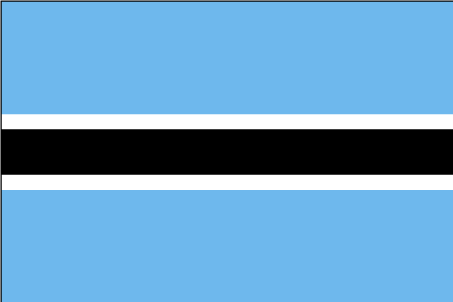 |
The question of legal status of refugees |
| Committee: SPECPOL | |
| Main Submitter: Botswana | |
| Submitted: 02/04/2022 10:25 |
| Status |
|---|
| Passed cosubmitter sheet validation |
| Approved by approval panel |
| Selected for debate by secretariat |
| Passed by committee (SPECPOL) |
Committee Voting
| For: | 22 |
| Against: | 4 |
| Abstentions: | 0 |
Options
Co-submitters
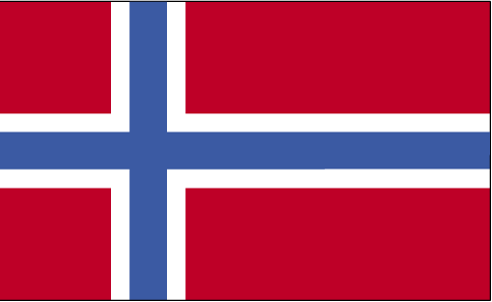 | Norway |
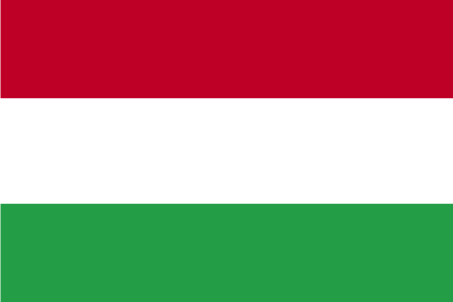 | Hungary |
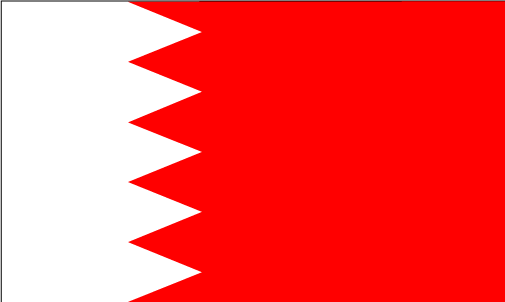 | Bahrain |
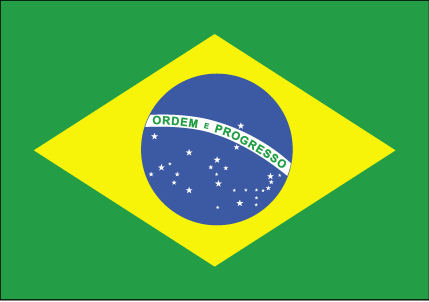 | Brazil |
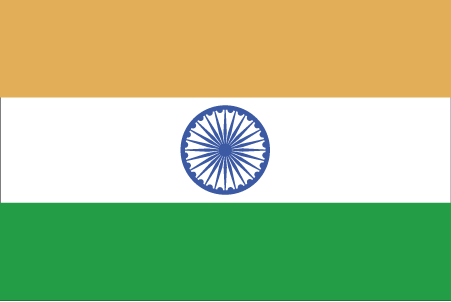 | India |
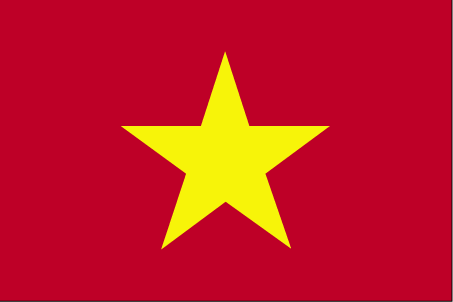 | Vietnam |
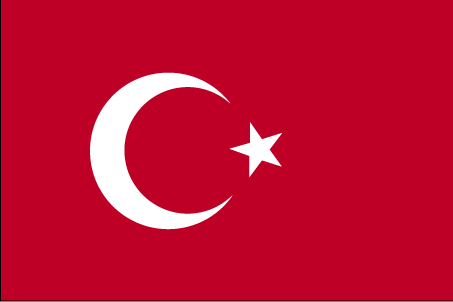 | Turkey |
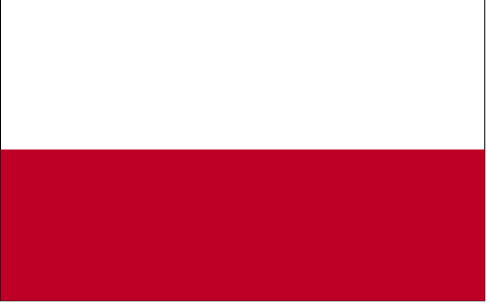 | Poland |
Resolution
Committee: SPECPOL
The Question of: The Legal Status of Refugees
Main Submitter: Botswana
Co-Submitter: Norway, Turkey, Brazil, Poland, Vietnam, India, Bahrain, Hungary
Defining a refugee as a person who "owing to a well-founded fear of being persecuted for reasons of race, religion, nationality, membership of a particular social group, or political opinion, is outside the country of his nationality, and is unable to or, owing to such fear, is unwilling to avail himself of the protection of that country ... ", as per the 1951 Convention relating to the Status of Refugees,
Alarmed that there are currently 26.6 million refugees, 50.9 million internally displaced people (IDPs) and 4.4 million asylum seekers globally,
Deeply concerned that 68% of the world's refugees come from 5 countries,
Recalling Article 14 of the Universal Declaration of Human Rights which states that "Everyone has the right to seek and to enjoy in other countries asylum from persecution",
Reaffirming the importance of the inclusion of refugees and migrants in relation to the 10th Sustainable Development Goal (SDGs) 'Reduced Inequality',
Approving efforts made thus far by the United Nations High Commissioner for Refugees (UNHCR) and NGOs for their work improving conditions in refugee camps in relation to food, health, sanitation and education,
-
Suggests for the creation of a new sub-body within the UNHCR to be called the Committee on the Legal Status of Refugees to work in conjunction with the United Nations Office on Legal Affairs (UNOLA) to carry out duties such as but not necessarily limited to;
-
to act in all member states to distribute permanent visas/ citizenship to refugees after a set amount of years of residing in that member state,
-
protect their right to seek asylum in another country and the right not to be returned to a country where they face a threat to their life;
-
Requests for financial aid from the UN to be provided for refugees, while in temporary and permanent accommodation, which will not be limited to;
a. their needs such as foods, clothing, shelter and medical equipment,
b. jobseekers benefits for all refugees looking for work,
c. language and communication education,
d. refugees having full access to first, second and third-level education funded by the World Bank to encourage breaking the poverty cycle,
e. the creation and/or upkeep of places of worship and providing religious books and texts to refugees and providing religious education to children;
3. Recommends that all member states recognise the vulnerable positions of refugees and the importance of their having official legal status and legal protections and convey these messages through a mass media campaign, via the mediums of TV advertisements, social media campaigns and print and digital media;
4. Further Requestsall member states to submit a biennial report to the UNOLA for review, discussing how they are integrating refugees into their societies and to provide insight as to how the refugees are being dealt with as the report will require the following information;
-
how they are providing housing, food and other essential living needs to refugees,
-
how education is being distributed to refugees,
-
how they plan to help refugees settle and merge with the current population,
-
updates on their legislation on the criteria needed to seek refuge in their nation;
5. Urges member nations to work in conjunction with UNOLA, the International Criminal Police Organization (INTERPOL), and national police forces in efforts to combat human traffickers through means such as ensuring aid workers have correct documentation;
6. Further urges all nations capable of doing so to take in refugees and provide them with asylum until they are safe and wish to return to their country of origin or have settled and can provide for themselves in their country of refuge, Countries can be excused from taking in refugees temporarily if they:
-
are currently facing famine or drought,
-
are currently at war,
-
are currently listed as LECDs.
7. Calls for an international conference to be held annually online or in person based on the country's choice in order to propose solutions in order to tackle the issue, taking into account the impact of modern technology, climate change and cultural changes among other factors which have had an impact on refugees;
8. Encourages countries to build housing either independently or in conjunction with UN habitat in order to negate poor living conditions in refugee camps, funding and countries who choose to build refugee housing must comply with the following criteria:
-
One bathroom per 3 people,
-
Working plumbing and electricity,
-
One bedroom per 3 people,
-
Sufficient cooking space;